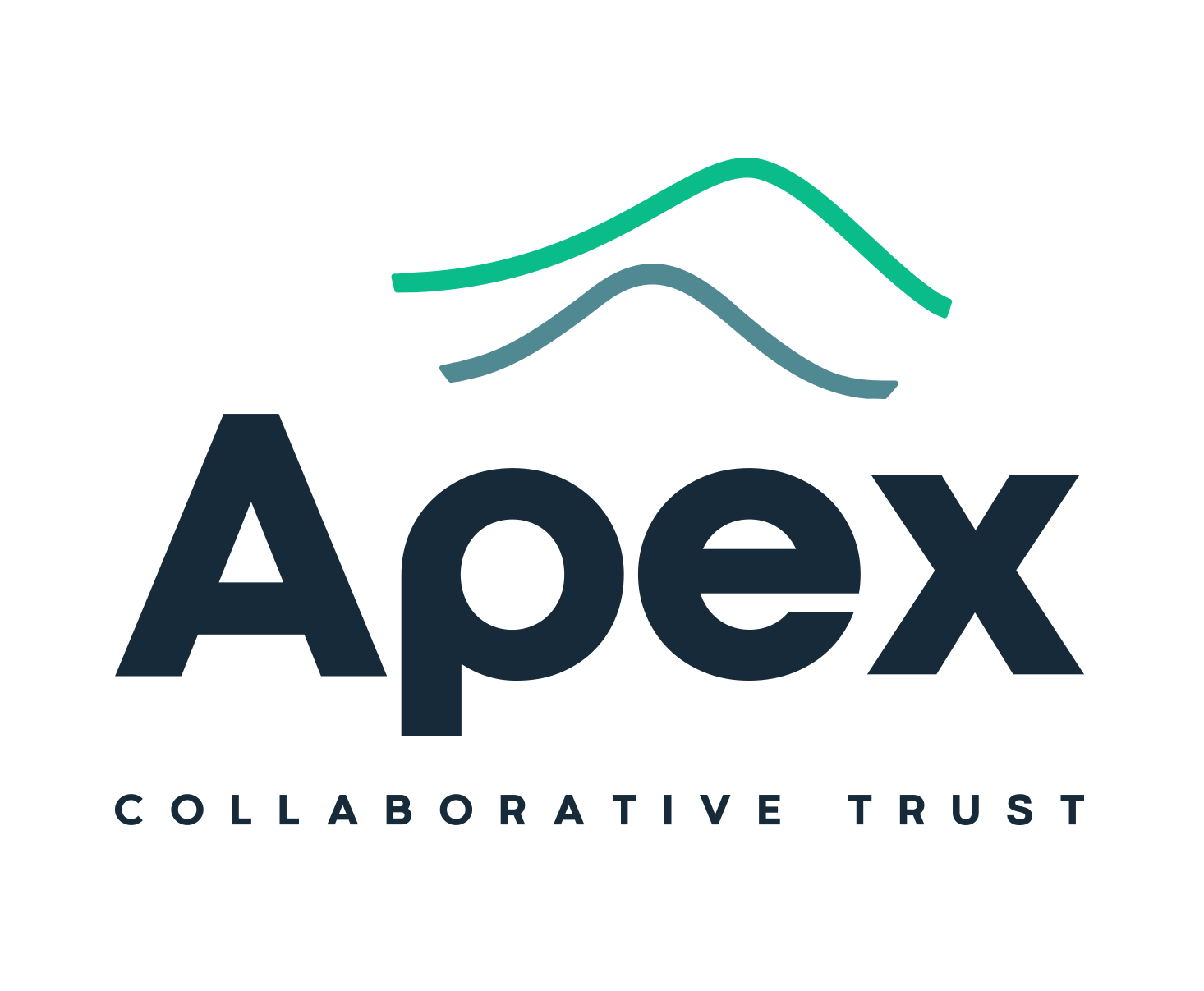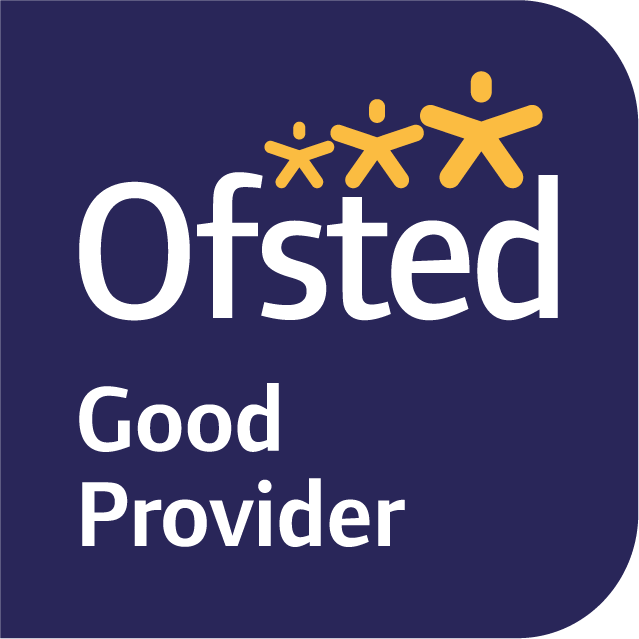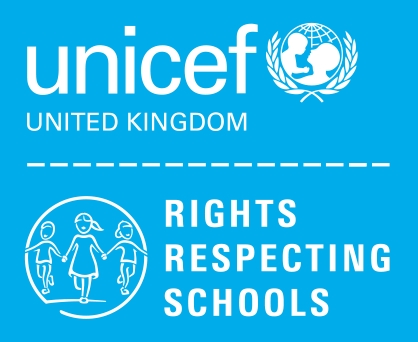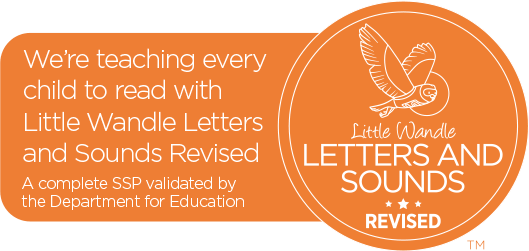Religious Education
Religious Education is like an iceberg.
As you unpack ideas, you come to understand deeper meaning.
Religious Education has a significant role for the development of pupils’ spiritual, moral, social and cultural development. It promotes respect and open-mindedness towards others with different faiths and beliefs and encourages pupils to develop their sense of identity and belonging through self-awareness and reflection. The principle aim of RE is to engage pupils in an enquiry approach where they can develop an understanding and appreciation for the expression of beliefs, cultural practices and influence of principle religions and worldviews in the local, national and wider global community.
Our teaching will provide children with knowledge and understanding of religious values, beliefs, practises and lifestyles whilst offering the opportunity for reflection. Religious Education will draw on its vast range of vocabulary to identify and name religious figures, places, artefacts and symbols.
The National curriculum states the legal requirement that: Every state-funded school must offer a curriculum which is balanced and broadly based and which:
- Promotes the spiritual, moral, cultural, mental and physical development of pupils, and;
- Prepares pupils at the school for the opportunities, responsibilities and experiences of later life.
The RE curriculum at Blacko has been designed with our children at the centre. We have devised this curriculum with the consideration of SACRE and the Lancashire Agreed Syllabus.
Our aim is to start our children’s Religious Education journey right from the very start of their reception year when focusing on the Early Learning Goal -Understanding the World.
In their time in Early Years, children will be given opportunities to meet visitors from different religions and to visit different places of worship and to appreciate and celebrate the diversity of modern Britain. Children are also encourage to talk about their own religions and beliefs.
In Year 1 children build on the EYFS Understanding of the World, finding out about the five main religions and their beliefs. Throughout the curriculum, there is a strong thread of British Values and breadth of knowledge to equip children for the society they live in locally, nationally and globally.It is important that children appreciate the difference between the external aspects of religions and the lived experiences of individuals. Through their RE education, children will also explore, discuss and reflect on key questions of meaning.
Each year group learns about five different religions: Hinduism, Christianity, Judaism, Islam and Sikhism.
Within each of those units there are key questions and concepts which underpin the key knowledge and skills. The curriculum progresses through skills, knowledge, vocabulary and understanding.
Children organise their knowledge, skills and understanding around the following learning:
- Shared Human Experiences
- Beliefs and Values
- Living Religious Traditions
- Finding Personal Meaning
These key concepts underpin learning in each year group. This enables children to reinforce and build upon prior learning, make connections and develop subject specific language.
Know about and understand a range of religions and world views, so that they can:
- describe, explain and analyse beliefs and practices, recognising the diversity which exists within and between communities and amongst individuals;
- identify, investigate and respond to questions posed, and responses offered by some of the sources of wisdom found in religions and worldviews; and
- appreciate and appraise the nature, significance and impact of different ways of life and ways of expressing meaning.
Express ideas and insights about the nature, significance and impact of religions and worldviews, so that they can:
- explain reasonably their ideas about how beliefs, practices and forms of expression influence individuals and communities;
- express with increasing discernment their personal reflections and critical responses to questions and teachings about identity, diversity, meaning and value, including ethical issues; and
- appreciate and appraise varied dimensions of religion or a worldview.
Gain and deploy the skills needed to engage seriously with religions and worldviews, so that they can:
- find out about and investigate key concepts and questions of belonging, meaning, purpose and truth, responding creatively;
- enquire into what enables different individuals and communities to live together respectfully for the wellbeing of all; and
- articulate beliefs, values and commitments clearly in order to explain why they may be important in their own and other people’s lives.
Evidence
At Blacko children have the opportunity to record their learning in a variety of ways, which is recorded within their Religious Education books . Evidence of the learning is dependent on the lesson outcome, year group and the knowledge and skills being developed. This can be in the form of writing, photographs of activities and speech bubble comments relating to the learning.
Assessment
Teachers assess children’s learning throughout each lesson to ensure understanding of skills and knowledge before building onto future learning. Teachers use a range of questioning and retrieval practice to assess children against the aims of the lesson. In addition, children will also complete end point assessments at the end of each unit to assess their substantive and disciplinary knowledge.
SEND
Pupils with SEND will be supported to access our Religious Education curriculum through adaptations depending on their need. Adaptations for learning follow the EEF's 5-a-Day Principles and these adaptations, through Ordinary Alternative Provision(OAP), will be planned by teachers to support all children in being able to achieve, regardless of their individual needs.
Our SEND page provides parents with further information about what this could look like for your child and where you can seek further information or support.
Subject Leaders
Subject leaders will conduct deep dives, which include lesson drop ins, pupil interviews and book looks to measure the impact of our teaching, based on how much children can remember.




